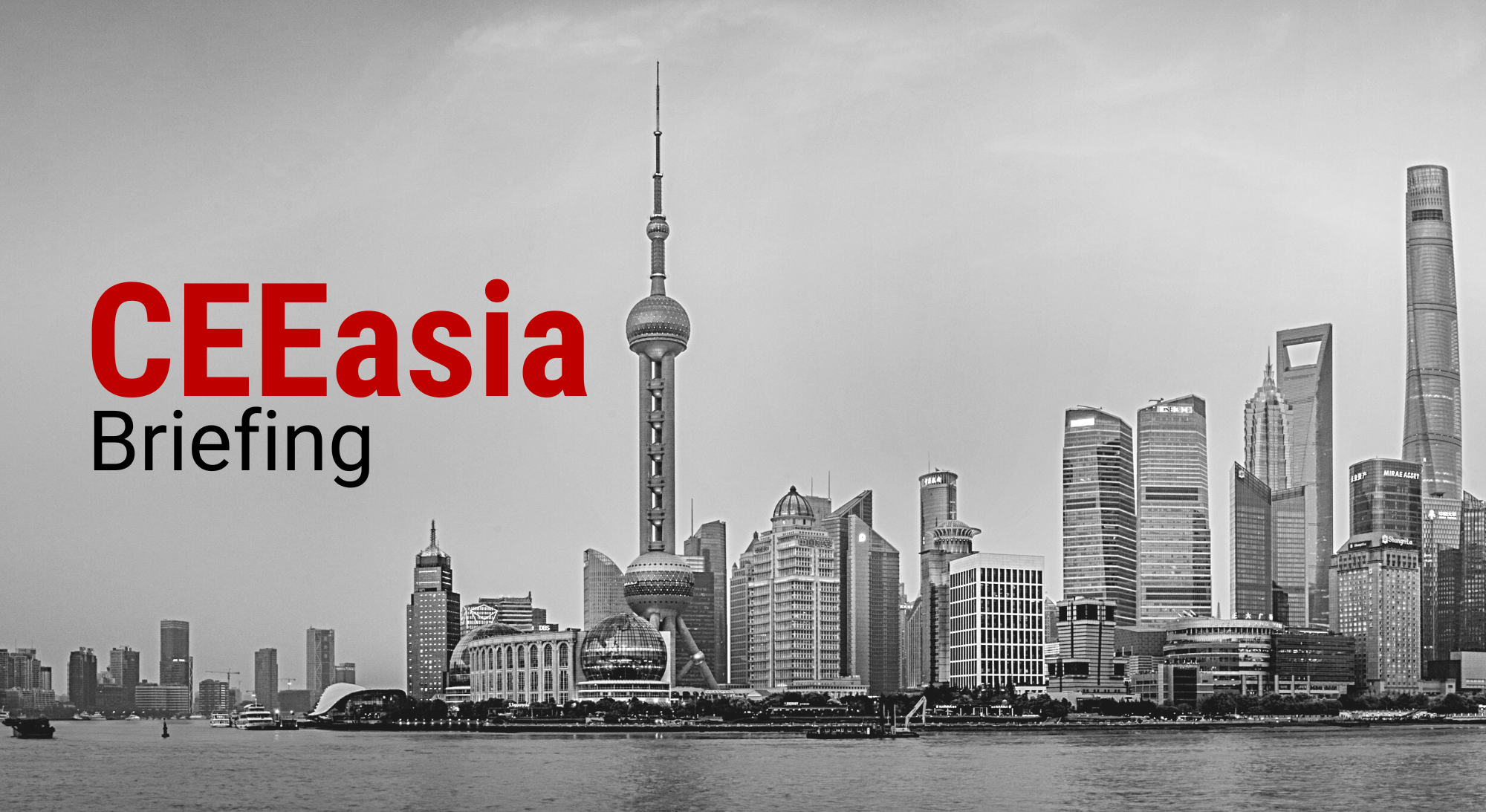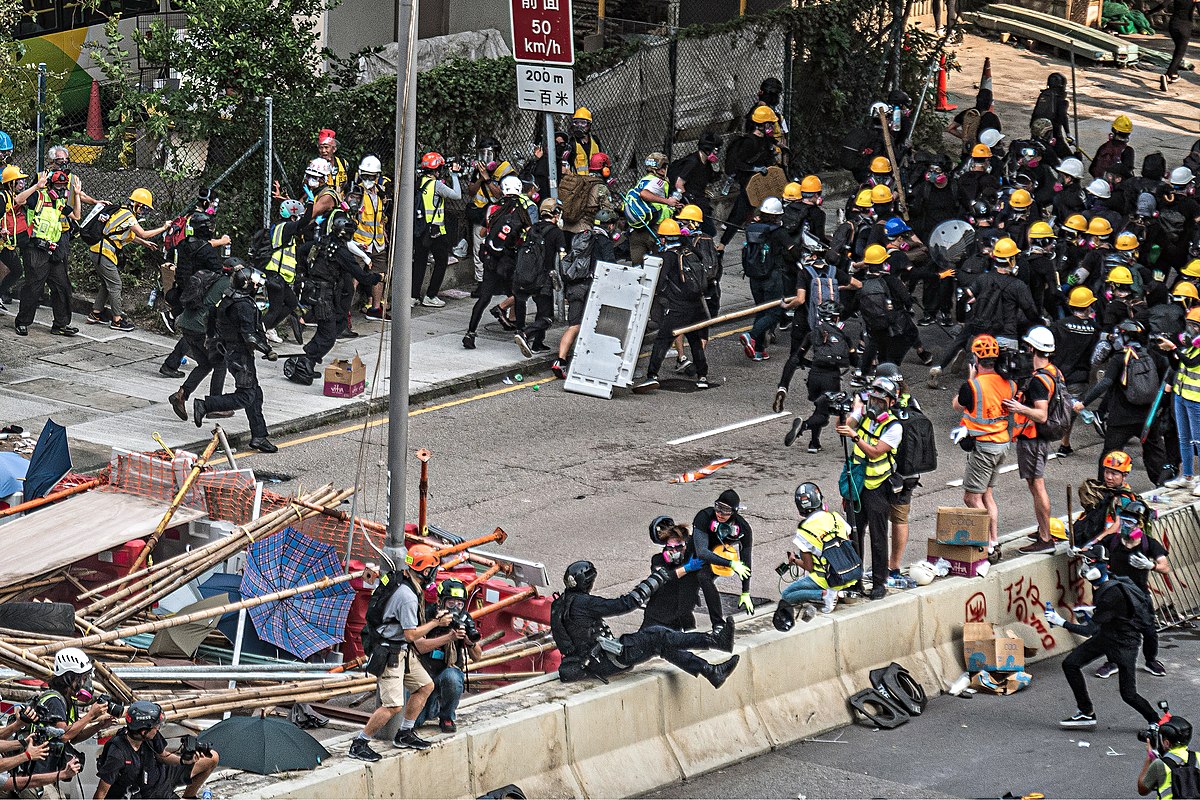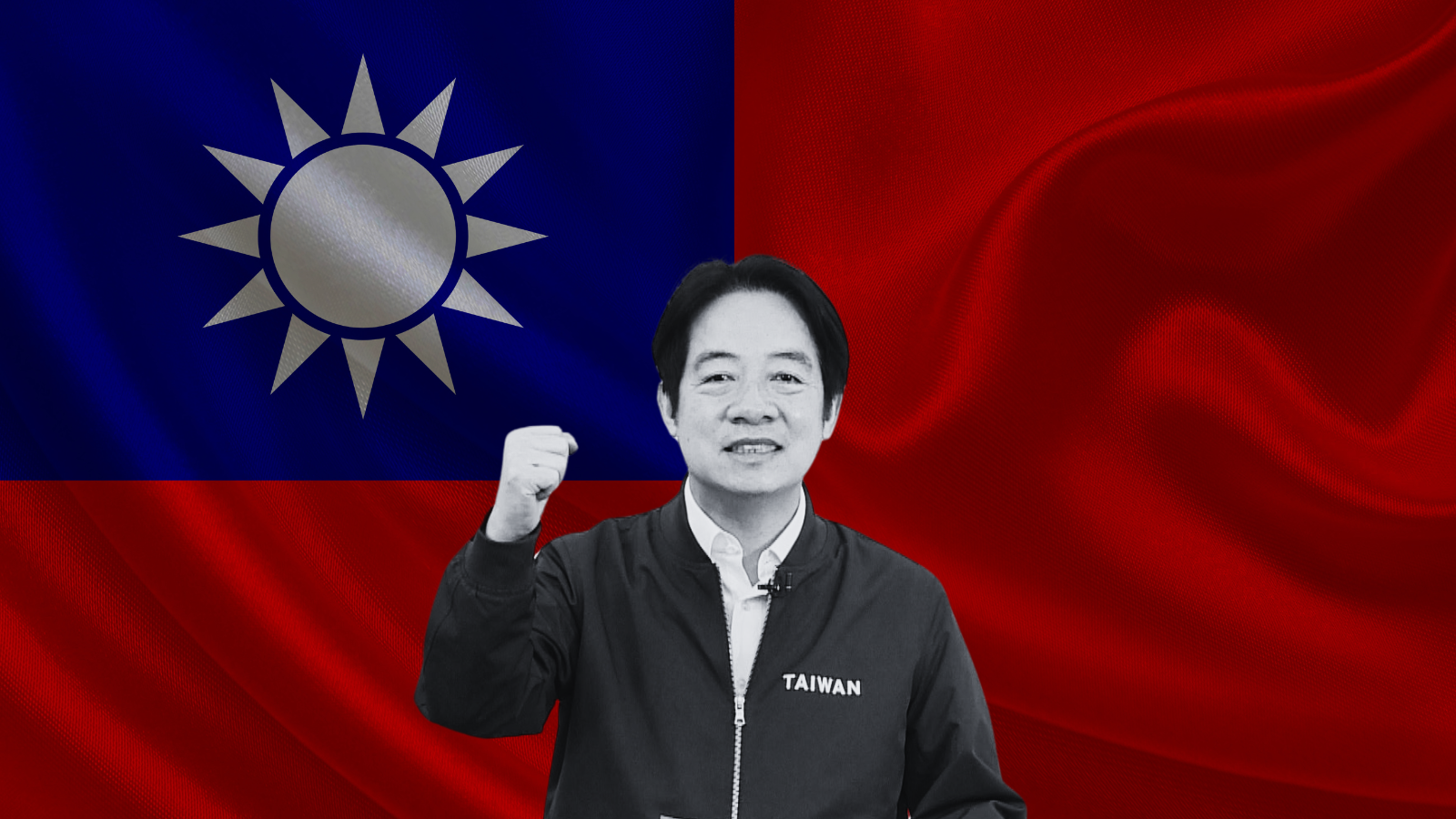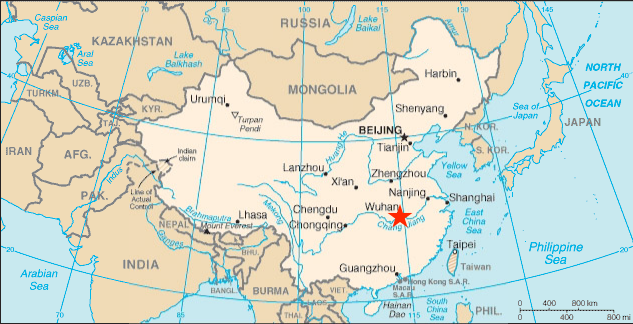Welcome to the 2nd issue of the #CEEasia Briefing.
In this issue, we dissect the following topics
- Coronavirus: Rising Effects across the Globe
- Huawei: Continuing Transatlantic Divide?
- North Korean regime on the hunt for Central European military equipment
- Japan toughening its foreign investment legislation
Coronavirus: Rising Effects across the Globe
What’s going on? Since the outbreak of the Coronavirus (Covid-19) in Wuhan province, the health emergency has caused various disruptions to the global supply chains, strengthening the economic consequences of the crisis. After Japan possibly facing a recession, South Korea has also recently warned of economic emergency from coronavirus.
In Central Europe. Given the complex nature of the supply chains, both Slovak and Czech businesses have begun to contemplate the possible economic impacts on their own production. A good example of this is the Fiat Chrysler Automobile factory shut down in Siberia due to shortages of China-made parts or the limited production by Toyota and General Motors plants. In Central Europe, Selena, a Wroclaw-based company producing construction chemicals, stopped its production on two Chinese plants. Samsung factory based in Hungary began screenings of its Chinese employees among rising fears of spreading the virus. At the same time, the sales warning coming from Apple hit the Austrian chipmaker AMS and Frankfurt-listed Dialog Semiconductor as their supply lines are dependent on Apple production thus falling 4% at the European stocks.
On a second thought… There are also those who remain skeptical and consider the situation around the coronavirus to be ‘hysteric’. For example, the Czech President Milos Zeman might even participate in the upcoming 17+1 summit that is to take place in China in April. According to the comments by the deputy prime minister Jan Hamáček, if China meets all its investment promises in Czechia, the President might consider his decision and participate in the summit.
Further reading:
Financial Times: South Korea warns of ‘economic emergency’ from coronavirus
Nova: Zeman považuje koronavirus za hysterii. Chystá se na cestu do Číny
NY Times: Apple Signals Coronavirus’ Threat to Global Businesses
Novinky.cz: Koronavirus straší i české firmy, váznou dodávky z Číny
Huawei: Continuing Transatlantic Divide?
What’s going on? In the last few weeks, the Huawei debate has once again dominated global headlines as the United Kingdom (UK) has decided to allow Chinese company Huawei to build the country’s wireless network. However, the decision includes a caveat that excludes Huawei from “security-critical” core areas. This decision is now followed by some analysts expecting Germany to move in the same direction as the UK. The country of which economy is closely intertwined with the Chinese market has been debating the issue for the past number of months highlighting the difference of opinions among Angela Merkel’s coalition government. Currently, it seems that the ruling conservatives will back the proposal that rather than singling-out individual providers establishes a set of tougher rules aimed at improved risk management.
Why it matters. The current positions by the UK and German governments only underline the increasing transatlantic divide on the Huawei issue regarding the security threats this Chinese company might pose to Western interests. Besides the apparent discomfort of the United States with the UK decision and possible implications for the US-UK intelligence sharing, the issue was further corroborated during the recent Munich Security Conference. US Defense Secretary Mark Esper was quick to paint China as the main adversary to the US while highlighting the threat posed by Huawei’s equipment in 5G networks. In Central Europe, however, the issue has been quite low on the agenda. Especially Slovakia has been quite dormant regarding the issue. While Poland became a front row for the US-China spat in July 2019, similarly to other countries in CEE it has so far avoided any sort of blanket ban on Huawei 5G technology.
On a second thought… As pointed out by Noah Barkin in his tweet, many European countries are in fact moving towards a highly restrictive place on the question of Huawei. It might not be the US-style full Huawei ban, nonetheless, it dubs the Chinese company as a “high-risk vendor”. An example of this wider trend is the recent publication of a yearlong review by the Italian intelligence and security committee regarding 5G networks. While the ‘Copasir report’ called on the government to reconsider Huawei & ZTE access to the 5G as such, the debate whether Italy will issue a full ban on the companies or will focus on overall risk management still continues.
Further reading:
Gov.uk: Press release: New plans to safeguard country’s telecoms network…
Reuters: Merkel’s conservatives stop short of Huawei 5G ban in Germany
Independent: Donald Trump official issues veiled threat to Boris Johnson over Huawei 5G…
Formiche: Cina e 5G, cosa cambia dopo il dossier Copasir? Lo spiega Urso (FdI)
Euractiv.sk: Huawei a V4: Slovenskí politici sa témy nechytajú, jasnejšie záujmy má Praha…
North Korean regime on the hunt for Central European military equipment
What’s going on? It was reported that North Korea attempted to smuggle Czech military equipment and materials, including drones and parts for old Soviet tanks, armored vehicles and planes produced in Czechoslovakia in the 1970s into the country. The Czech counter-intelligence service (BIS) was aware of the North Korean intentions to acquire military equipment from the Czech Republic as early as 2013. Since then it kept monitoring the operations allegedly planned by diplomats in Prague and prevented their completion. According to the BIS annual reports, North Korea and Iran as well have been using front companies and entities in order to illegally obtain the needed equipment and its parts. They also prepared complex trade routes via third countries and the payments for deliveries were carried out via complex networks in order to prevent identification of the real destination and companies involved in the dealings.
Why it matters. Since 2006, North Korea has been under a comprehensive United Nations arms embargo that was extended two times and prohibits the North Korean regime to obtain all arms and related material, including small arms, light weapons or military ammunition. However, in order to further develop its WMD program and produce necessary equipment, the country is in dire need of very specific engineering equipment, materials, technology and know-how which are expected to be procured abroad. Conveniently, the countries of Central and Eastern Europe like the Czech Republic still have the required equipment available. Furthermore, some of the contact links between post-communist countries and Pyongyang were not severed with the democratization of the region, and North Korean officials have not been hesitating to use such links to try to get what their country demands.
It is not just about weapons… In addition to the old military equipment and weapons still used by North Korea, the regime is trying to smuggle all sorts of luxury gifts for the elites into the country, including jewelry, works of art, luxury vehicles of German brands, Wi-Fi technology, or just high-quality foods and alcohol, as was mapped by the American Center for Advanced Defense Studies. With the worsening economic situation in North Korea, it is likely that attempts to obtain not only military equipment but also other goods not available in the country will keep happening.
Further reading:
ČT24: Severokorejští diplomaté se z Česka snažili pašovat zbraně pro KLDR
Deník N: Diplomat kupoval v Česku drony a náhradní díly do tanků pro KLDR.
BIS: https://www.bis.cz/vyrocni-zpravy/
C4ADS report: https://www.c4reports.org/lux-and-loaded
Japan toughening its foreign investment legislation
What’s going on? Japan is about to toughen the process of purchasing stakes for foreign investors. It is said, that in contrast with the current setting, investors buying more than 1% of a stake will undergo a pre-screening. As of today, the threshold is 10%. However, this should apply only for strategic sectors such as defense industry, nuclear power, aerospace, cybersecurity, telecommunications, gas, … In total, up to 500 companies in 12 sectors should be touched by the planned legislation. It seems to be a part of a wider initiative related to foreign investments. Recently, Diet passed a change in law, that requires more detailed reporting from investors in sectors related to national security, public infrastructure, public safety and protected domestic industries (e.g. agriculture).
Key takeaway. Japanese steps towards toughening the environment for foreign investors have to be seen in the light of global trends. Japan follows policies of the United States and various EU member states, seeking the protection of confidential technologies and strategic industries. CEEs with their dependence on foreign investments and ambivalent stand on Chinese investments are in a very difficult situation. However, seeing the obvious trends, they should reconsider their FDI screening policies.
Why it matters. Japanese FDI inward flow has been growing steadily since the end of the financial crisis, which has been actively encouraged by the government under the Abenomics policy. However, with the rapid growth of the Chinese position as an active investor, economic powers around the world are revising their screening procedures. Strategic sectors are inevitably tied with the Japanese vision of Society 5.0 and their security arrangements. Therefore, tightening the screening processes is understandable. On the other hand, critics are worried about the drop in FDI inflow, which might imperil the fragile Japanese economy. Also, in terms of the overall volume of investments, China didn’t even make it into Top 7 investors. However, the third biggest volume of investments in 2018 came from the Cayman Islands, which makes the situation quite complicated. It is not clear if recent steps are meant to be a preventive measure against potential Chinese actions or are it some form of protectionist move fuelled by major Japanese companies.
As for the EU, the situation might be a perfect moment for a further increase in cooperation with Japan, especially in terms of strategic sectors. CEE countries have a negative FDI flow with Japan, therefore it won’t affect their relations with Japan in terms of business.
Further reading:
Getting The Deal Through: Foreign Investment Review- Japan
Santander: Japan: Foreign Investment
Japan Today: Japan to tighten scrutiny of foreign investment in 12 key sectors







